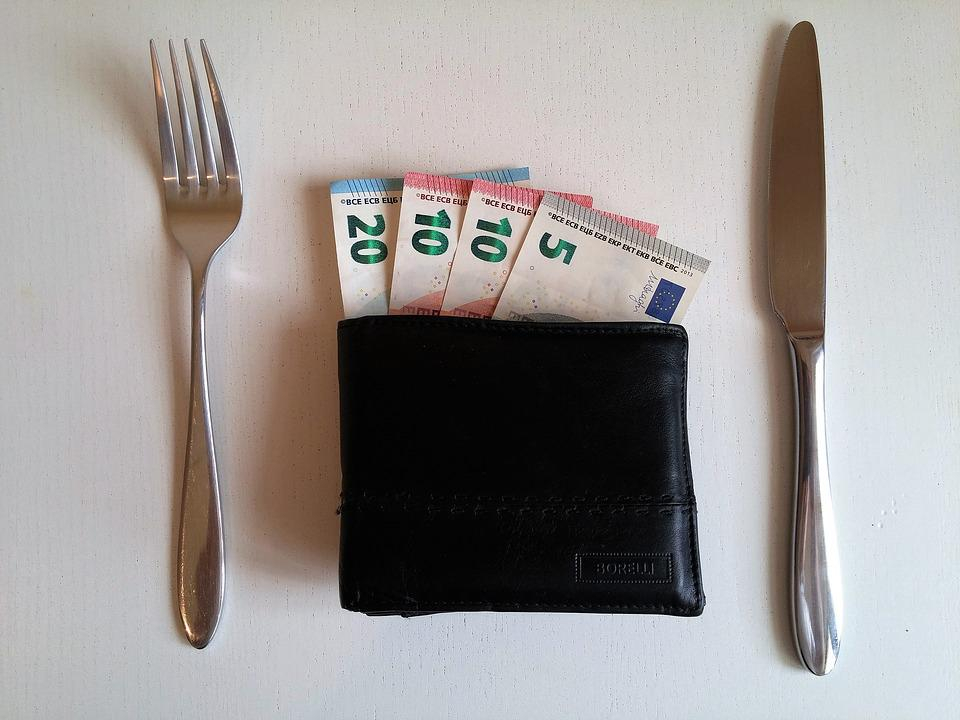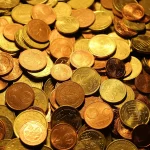As Poslovni Dnevnik writes, six hundred kuna for one hundred euros has become a common amount that is obtained when exchanging these currencies during the height of the summer tourist season when you have to convert money at local Croatian exchange offices. That is all due to alter with the arrival of the euro as the country’s official currency, and the need for Croatian exchange offices to exist at all will be greatly reduced. Many will close their doors and never open them again, reports HRT.
If you ask the tourists spending time (and money) here in Croatia themselves, everything is very clear and simple, adopting the bloc’s single currency is a good move for Croatia. But when it comes to Croatian exchange offices, most of them anyway, they’ll have to think about another business model entirely if they want to survive the introduction of the euro from the first of January next year.
“It will be difficult for Croatian exchange offices who will continue to try to work only in the foreign currency exchange business to survive because 80, 90 percent of the turnover takes place around the purchase and sale of euros, and without this turnover it will be difficult for them to survive,” warned Sergi Gabor, president of the Association of Croatian Exchangers.
Financial experts have hope and believe that most Croatian exchange offices can be transformed and remain in business when the changeover happens, and that not all of them will be closed due to the demand for digital money, as well as savings and exchanges being done in other currencies.
“Perhaps there will be a continuation of turbulent economic trends at the level of Europe or the world, and in that case it will be possible that in Croatian exchange offices, there will be a tendency for people to be dealing with other currencies such as the Swiss franc or the US dollar,” believes Hrvoje Japuncic, a financial expert.
For more on Croatian Eurozone accession, make sure to check out our dedicated politics section.











